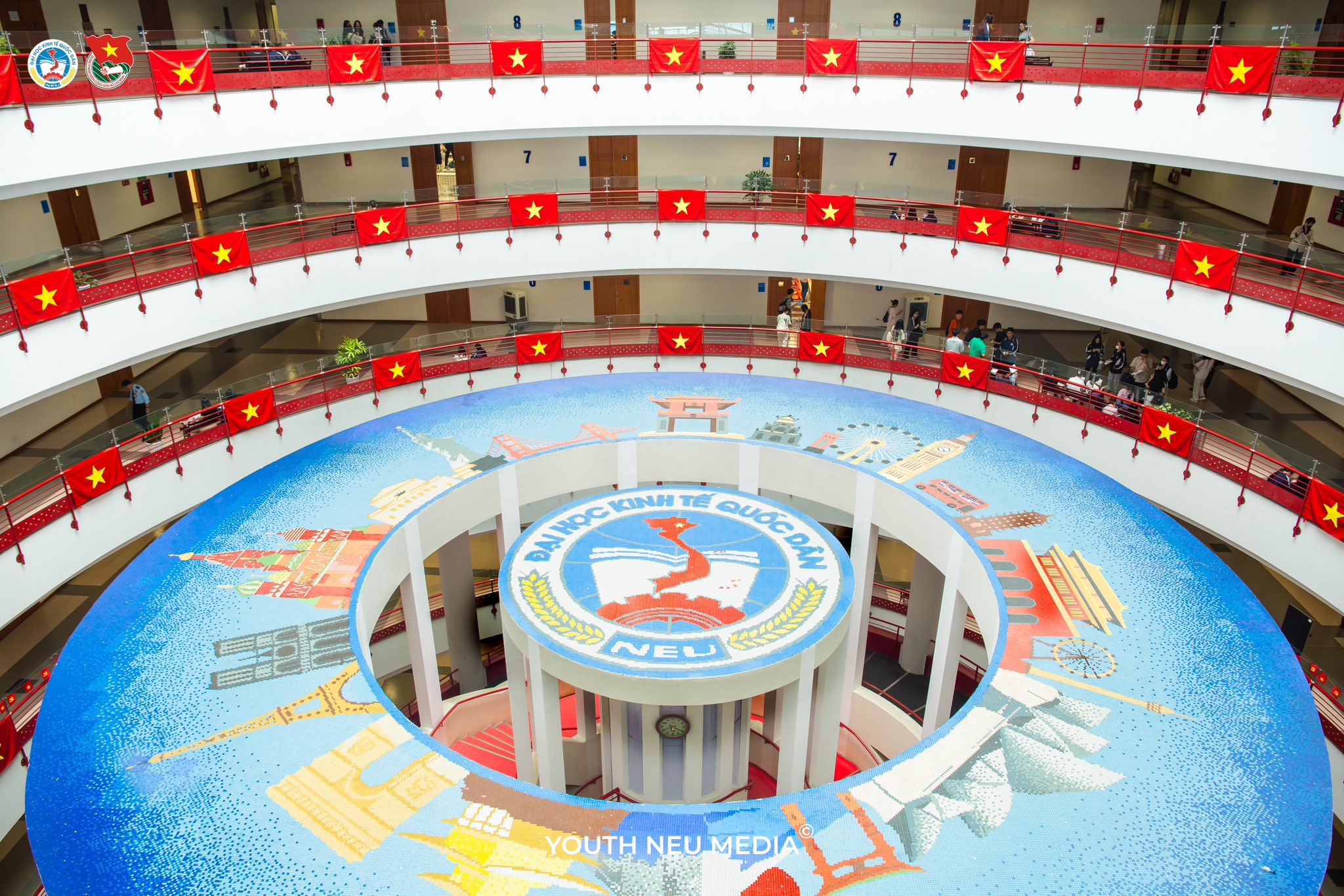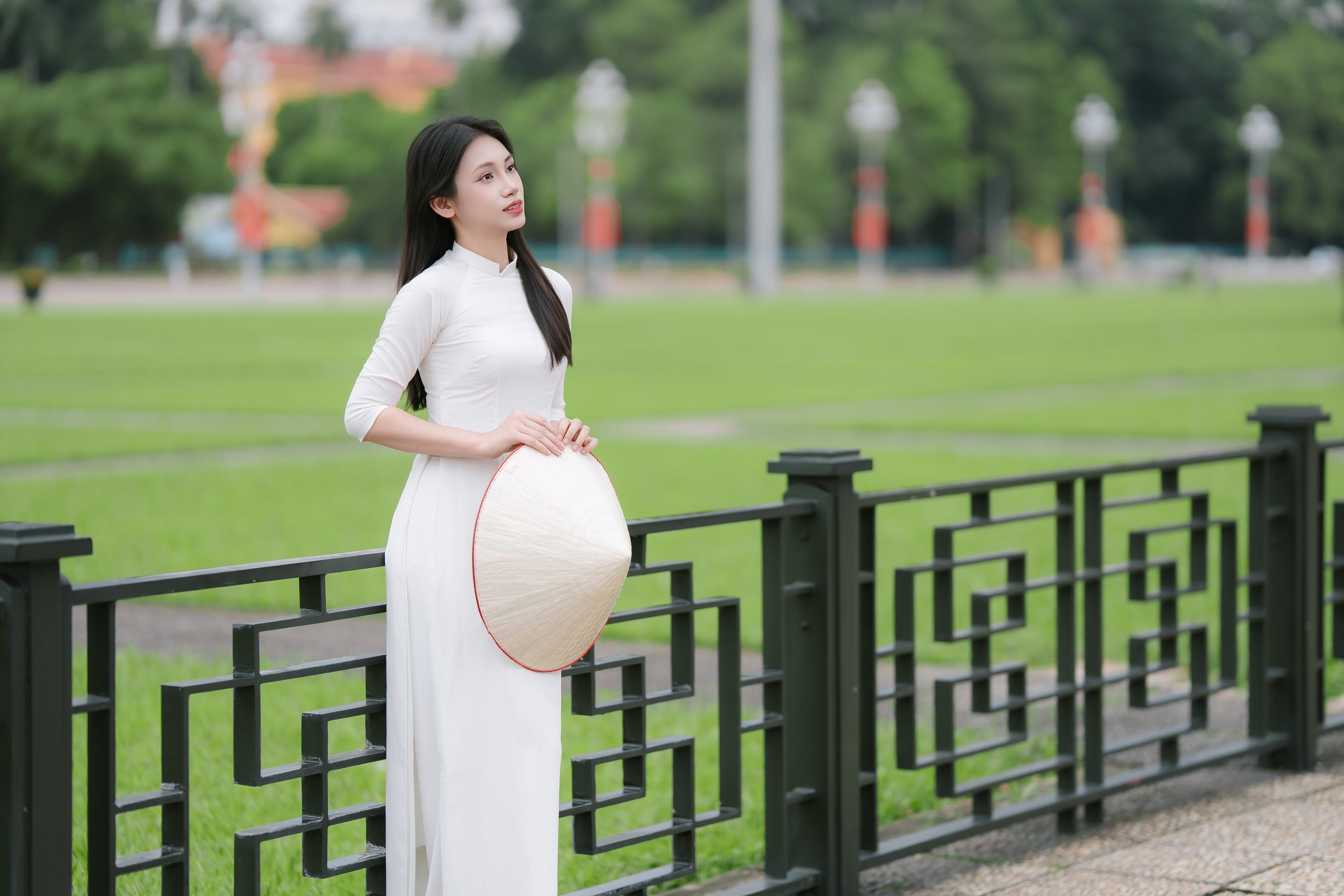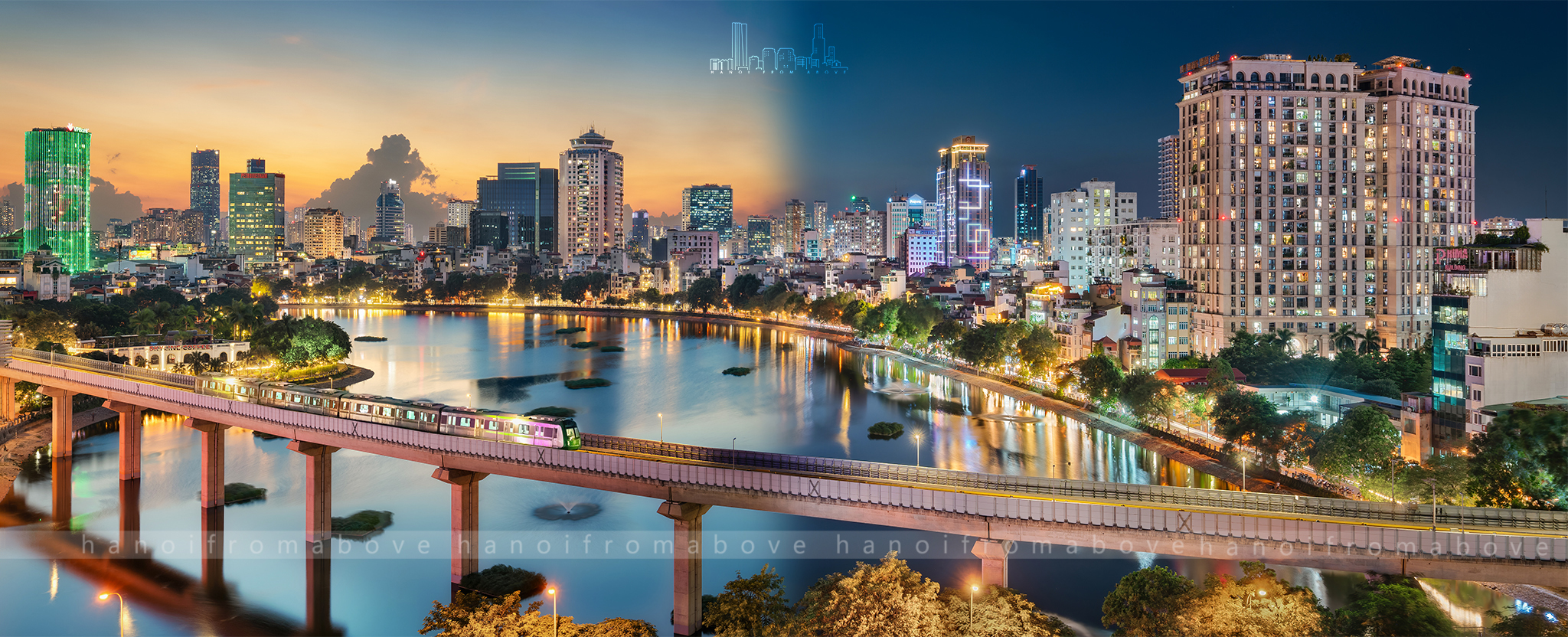I started my undergraduate journey at National Economics University with an entrance valedictorian award and scholarship, which gave me the opportunity to engage in research as soon as I set foot on campus. I was hired by the Department of Economics, where I worked on many interdisciplinary quantitative economic topics. My quantitative research experience on several financial topics such as the volatility of multiple financial markets, economic sustainability, digitalization, sanctions, Foreign Direct Investment (FDI), and bribery has given me concrete foundations to pursue topics at the intersection of economics and sociology. In my research experiences in economics and finance, I came to find troubling aspects of inequality that pushed me to dig deeper and informed my desire to bring in a sociological lens to understand the mechanism of the market. During this time, I had the opportunity to work with big clients, namely OECD and multiple national ministries. I have presented my work at conferences and published my paper in national journals by the Ministry of Finance and the Central (Federal) Economic Committee.


.jpg)




